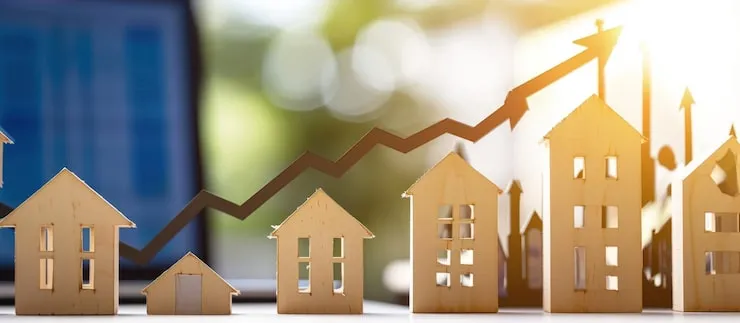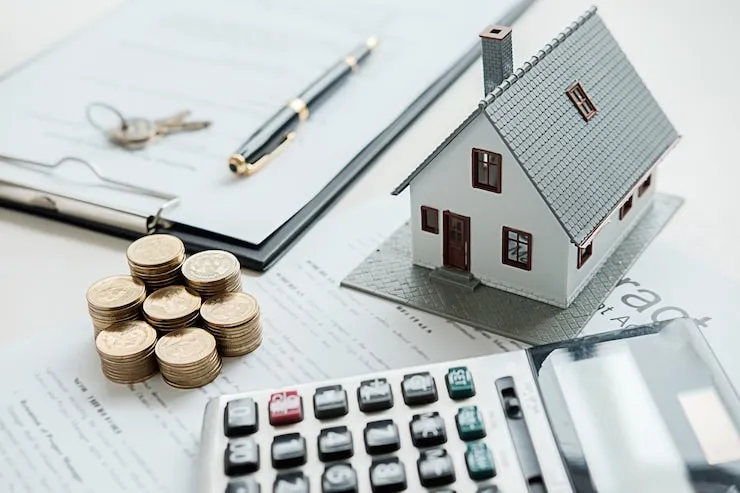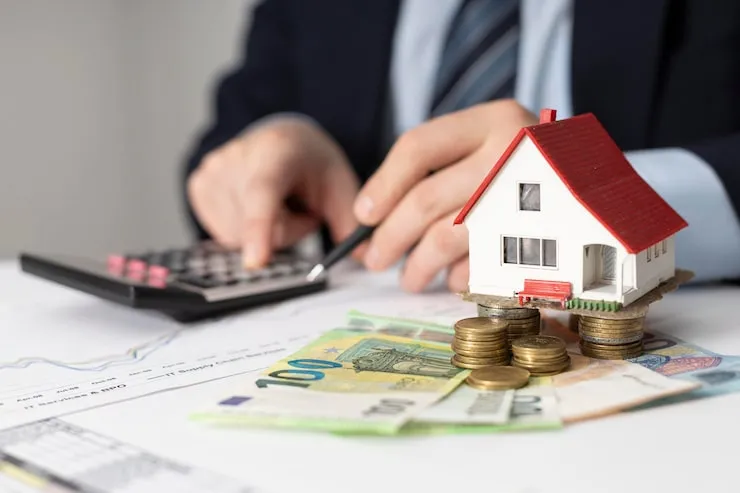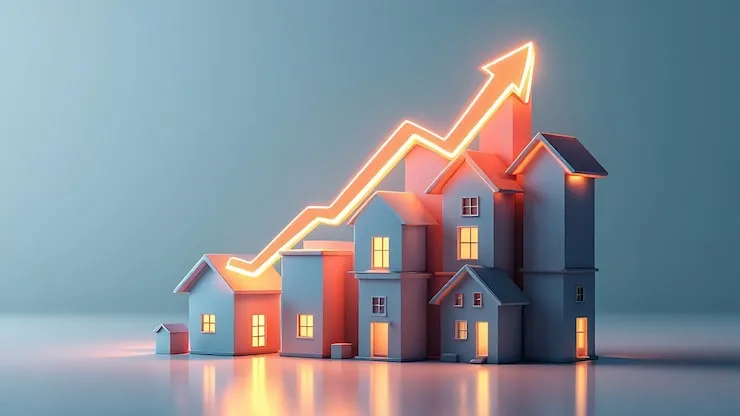if you’re planning to buy property in Gujarat, stamp duty on property Gujarat isn’t something you can ignore. It’s not just another formality or some small fee tagged onto your purchase. It’s a legal must. Without it, your ownership won’t mean much on paper. And yes, it directly affects your overall budget.
What Is Stamp Duty on Property in Gujarat, Really?
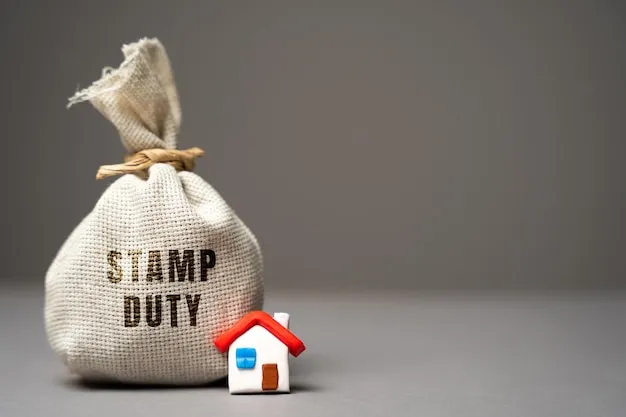
In a nutshell, stamp duty on property in Gujarat is a tax imposed by the state administration whenever there is a legitimate transfer of property ownership. Whether you’re buying a house, a flat, or even a shop, you’ve got to pay this duty when the sale is registered.The transaction is legally unfinished without it.
Now, this isn’t a one size fits all fee. The stamp duty you pay depends on different factors like the city or district the property’s in, who’s buying it (man or woman), and what kind of property it is. In Gujarat, there’s even a slight benefit for women buyers.
Read Also: Top Investment Hotspots in Gujarat Real Estate for 2025
How to Calculate Stamp Duty on Property in Gujarat?
This is one of the most asked questions how to calculate stamp duty on property in Gujarat? Thankfully, it’s not rocket science.
The duty is calculated as a percentage of either the market value of the property or the actual price paid whichever of those two is higher. That’s important to note.
Here’s a simple formula:
Stamp Duty (Higher of Market Value or Sale Price) × Stamp Duty %
Gujarat Stamp Duty Rates in 2025:
- For men: 4.9%
- For women: 4.7%
- Somewhere in the middle for joint ownership (male + female)
- Plus, there’s an additional 1% registration fee for everyone
So if your property is worth 50 lakhs and you’re a male buyer, you’ll pay 2.45 lakhs as stamp duty. A woman would pay slightly less.
Is Stamp Duty Payable on Leasehold Property in Gujarat?
Yes. It doesn’t matter if you’re not buying the property outright. If you’re leasing a property for a longer duration, then stamp duty is payable on leasehold property in Gujarat too.
Here’s how it works:
- For leases less than 1 year, the duty is minimal.
- For leases between 1 and 10 years, duty is calculated on the average yearly rent and premium, if any.
- If the lease is over 10 years, the duty starts to resemble that of a sale.
So yes, even long-term leases can attract a decent chunk of stamp duty.
Utilizing the Stamp Duty Calculator for Property in Gujarat
You don’t have to sit with a calculator and scratch your head. The Stamp Duty on Property Gujarat calculator on the official revenue site (GARVI portal) makes life easier.
Here’s what you do:
- Head to the GARVI website
- Choose your property location and buyer type
- Fill in the property details—price, type, etc.
- The tool gives you the exact stamp duty and registration charges you need to pay
It’s accurate and super handy when planning your property expenses.
Why Does Stamp Duty Matter So Much in Gujarat?
Let’s say you buy a house but skip the stamp duty. What then?
You won’t be able to register the sale deed. Without registration, your name doesn’t appear as the legal owner in official records. So even though you’ve paid for the property, it legally still isn’t yours.
The transaction is given legal force by stamp duty. Without it, the document holds no legal power, and that can be a serious problem if you ever want to sell, lease, or mortgage the property.
In Gujarat, who is responsible for paying the stamp tax?
In Gujarat, the stamp duty on real estate is usually paid by the purchaser. Of course, in some cases especially commercial deals the seller might agree to split the cost, but unless that’s written into the agreement, the responsibility lies with the buyer.
Can You Reduce Stamp Duty Legally? Yes. Here’s How.
There’s no shortcut around it, but there are a few smart ways to legally lower your cost:
- Register the property in a woman’s name – Women buyers enjoy slightly lower rates.
- Look for government incentives – Occasionally, the Gujarat government runs limited-time rebate schemes.
- Buy under affordable housing programs – These sometimes come with reduced stamp duties.
- Avoid underreporting – Declaring a lower sale price to save duty can backfire badly later with fines and legal trouble.
How to Pay Stamp Duty in Gujarat?
It’s all online now. The GARVI website allows you to pay stamp duty as follows:
- Visit garvi.gujarat.gov.in
- Log in or register
- Enter sale deed and property details
- Generate challan
- Pay via net banking, UPI, debit/credit card
Once done, you’ll receive a receipt which you need to carry when registering the property at the Sub-Registrar office.
You May Also Like: Major Infrastructure Projects Coming Up in Gujarat in 2025
What You’ll Need While Paying Stamp Duty?
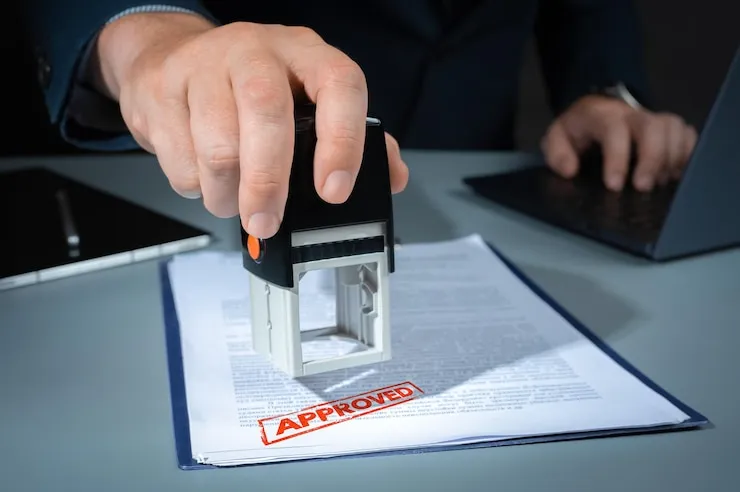
Don’t show up unprepared. Here’s a quick checklist:
- Signed sale deed or agreement
- Buyer’s and seller’s Aadhar cards and PAN cards
- Property valuation document
- Payment challan copy (if done online)
- Passport-size photos and address proof
Also, make sure names and details match across documents. One spelling mistake can cause serious delays.
FAQs About Stamp Duty on Property Gujarat
-
What if I don’t pay stamp duty?
You risk a legal battle, unable to register properties, an may be subject to fees up to 200% of the outstanding amount.
-
Is it tax-deductible?
Absolutely. If the property is used for residential purposes, you can deduct the stamp duty up to 1.5 lakh under Section 80C of the Income Tax Act.
-
Can I pay stamp duty after registration?
Stamp duty must be paid before a property can be registered. Otherwise, it’s considered invalid.
Final Word: Don’t Skip the Stamp Duty
Whether it’s your first flat or your tenth investment, stamp duty on property Gujarat is not a corner to cut. It’s what turns your transaction into a legally recognized deal. You now know how to calculate stamp duty on property in Gujarat, what it applies to (even leases), and how to pay it.
So before you sign that sale deed, run the numbers using the Stamp Duty on Property Gujarat calculator, make the payment, and walk into registration day with full confidence.




